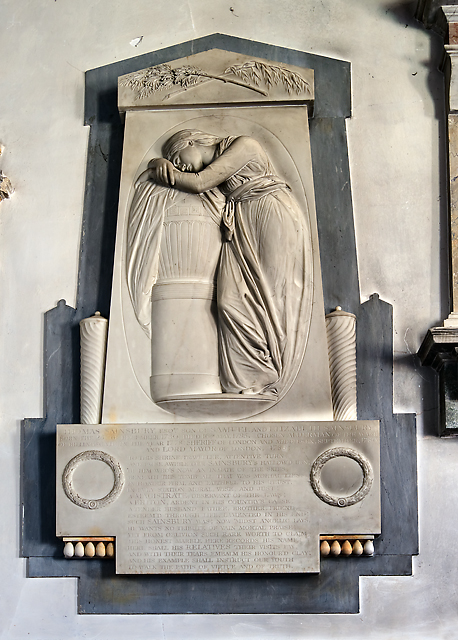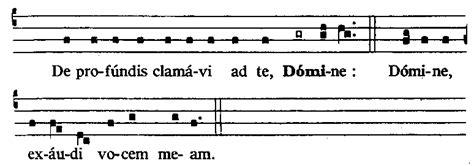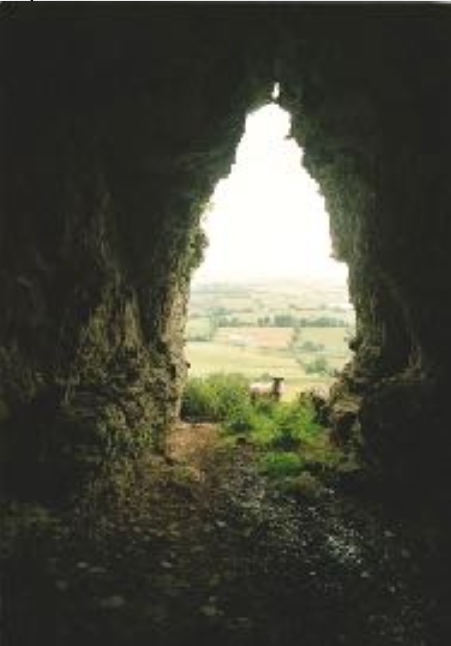
© Mike Searle and licensed for reuse under Creative Commons Licence.
Yesterday I combined two short prayer responses in one comment. We have three more for the rest of the week (numbers 207 to 209 in the Sing Praise book), equally short, so I’m combining them too.
207 (Tuesday) is a setting by John Harper of the response familiar to all Church of England regulars: ‘Lord, in your mercy hear our prayer’. 209 (Thursday) is by Paul Inwood and is a cantor/response chant: ‘We ask you, Lord / Listen to our prayer’, repeated one tone lower. Either of these would be used after each section of congregational prayers.
208 (Wednesday), with words by John Bell to a tune by Alison Adam, is also a cantor/response chant, but is slightly longer, and also quite different in tone. In fact it is achingly plaintive in its words and music. The cantor wails ‘My eyes are dim with weeping and my pillow soaked with tears’, the response being ‘Faithful God, remember me’. This is not so much intercession as lament.
Previous generations are sometimes criticised for being over-sentimental in their use of imagery such as the one above. Church monuments like this one from the late 18th century often feature women weeping over a tomb or urn covered in drapes (similar to pillows, I suppose). But sometimes in grief or pain we do find ourselves literally weeping into the pillow, either for our own situation or that of a loved one, and there seem to be no adequate words with which to ask God to help. These words will do, and
this chant could be used by the individual lamenting over some great crisis in their life. Asking God to ‘remember me’ is asking him not to ignore my plight or leave me helpless.
Alternatively, this could be used corporately, perhaps at a funeral, remembrance service or or if the theme of the service leads itself to intercession for people who might not be known to us by name but with whose suffering we want to empathise: flood or famine victims, survivors of a disaster, etc. But like strong medicines it should only be used sparingly. ‘Lord, in your mercy hear our prayer’ will suffice for most occasions.
The next blog in this series will therefore be on Friday as we look at the ‘O antiphons’ for the last week of Advent.

